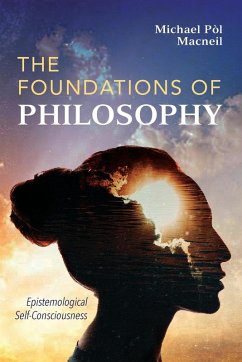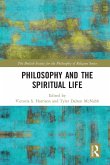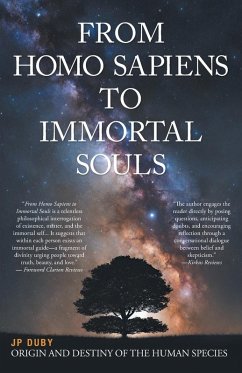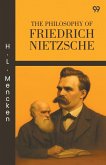What is kenosis? It is a Christian theological concept from Philippians 2 that refers to the "self-emptying" of Jesus. Jesus, while being fully divine, voluntarily emptied himself and renounced certain divine privileges and powers. This concept has sparked extensive theological discussions over its long history, but its meaning underwent a transformation in the twentieth century. In an era of modernity known for nihilism, where secularization and the death of God are taken for granted, kenosis prompts people to consider a new form of religion. This volume of eight essays aims to open up its philosophical and historical significance. It is divided into two parts: The first part consists of analyses of kenosis from the perspectives of political theology and contemporary philosophy (e.g., McFaigue, Kierkegaard, Bonhoeffer, Jean-Luc Nancy, Levinas, Jean-Luc Marion, etc.). The second part focuses on the Japanese philosophers of the Kyoto School and consists of studies on the interreligious potential of kenosis (e.g., Nishida, Kitamori, Nishitani, Tanabe, Abe, Nicholas of Cusa, Moltmann, Vattimo, etc.).
Bitte wählen Sie Ihr Anliegen aus.
Rechnungen
Retourenschein anfordern
Bestellstatus
Storno








